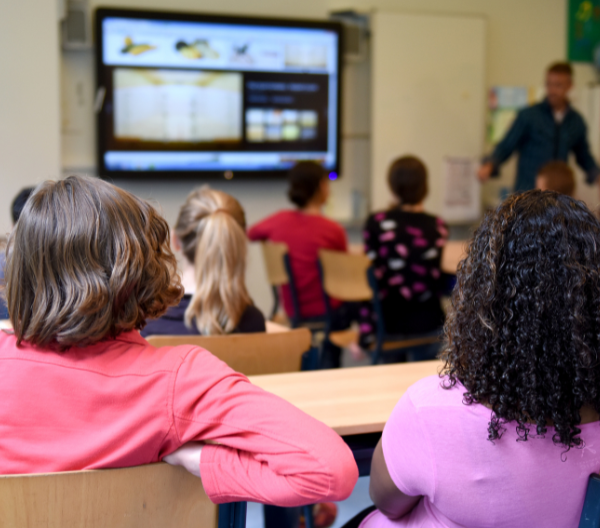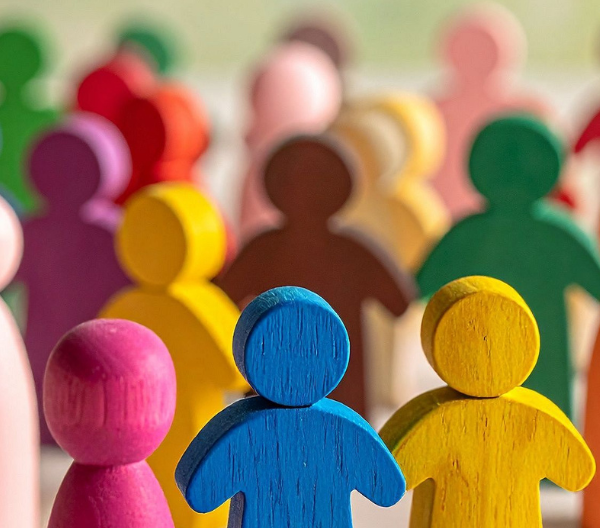America Succeeds recently released our latest report, Advancing Equity in Education, where we expand on the five pillars of our Equity in Education platform, detailing where systems change is both needed and can be impactful. Our report curates some of the best ideas in the field, amplifies leading voices of color in the conversation, builds consensus, and presents actionable solutions to address these challenges. This blog is all about the third pillar of our Equity in Education platform: strengthening social-emotional learning.
Over the last several years, social-emotional learning (also referred to as SEL) has gained increased attention and support as numerous studies have demonstrated both short- and long-term benefits for students. Skills such as communicating effectively, showing empathy, being adaptable, problem-solving, and teamwork are all competencies students learn when being exposed to SEL programs. These skills are associated with an increase in student academic achievement, improved economic mobility, and improved life outcomes.
Currently, more than 20 states have developed K-12 SEL competencies and all 50 states have adopted Pre-K SEL competencies. Social-emotional competencies are also essential for preparing students for the workforce and developing the next generation of leaders. The skills learned –- such as empathy, goal-setting, resilience –- are crucial tools needed by students who will go on to lead our companies and communities. Additionally, employers continue to recognize capabilities like communication, self-management, collaboration, and the ability to make ethical decisions as the most sought-after skills in the workplace. These in-demand skills, which can be learned through SEL programs, demonstrate the value social-emotional learningSEL programs in schools can have in preparing students for their futures. Now, more than ever, students need to be equipped with all the tools necessary to succeed in the rapidly changing global economy.
The need for social-emotional learning has reached new levels of urgency in the wake of the COVID-19 pandemic; thousands of schools across the country have integrated SEL programs into their curriculum and implemented additional support as schools respond to the stress, trauma, and mental health issues students are facing as they return to school. Leveraging SEL supports can help students overcome the mental and emotional barriers to their recovery and academic success.With the funding made available through The American Rescue Plan, a majority of states have pledged to invest in social-emotional and mental health supports because they recognize that academic recovery is also dependent on student healing. Given that the pandemic’s impact has been felt the most in underserved communities, it’s critical that leaders ensure these supports are implemented equitably.
The pandemic has placed unprecedented burdens on students, and addressing their social-emotional needs today will ultimately lead to improved academic success, particularly for at-risk students and underserved students. With studies predicting the US economy could lose out on $128 billion to $188 billion due to learning loss from the COVID-19 pandemic as this cohort of students enters the workforce, any action to alleviate that economic loss is beneficial.
To find out more and join the coalition to increase equity in education, visit us at www.AmericaSucceeds.org




